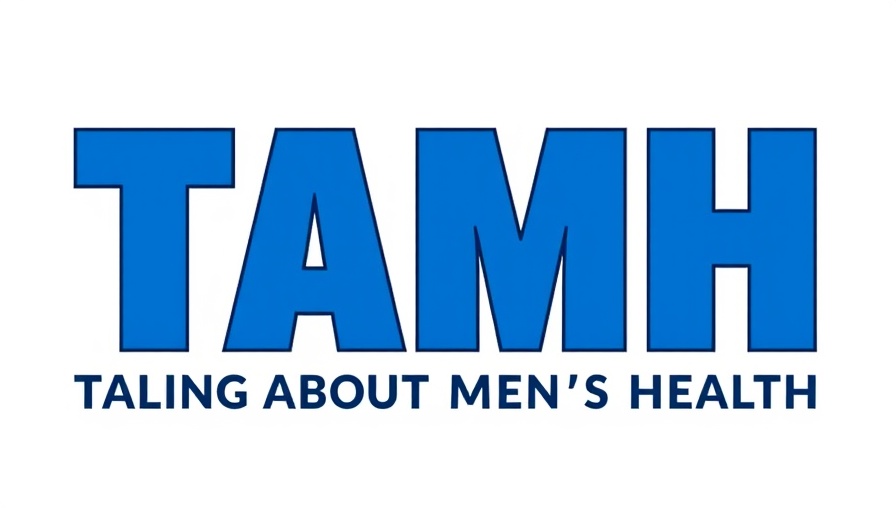
Understanding Acetaminophen: A Pill for Pain, A Risk for Aging Bodies
As we cheerfully navigate the golden years of our lives, the importance of maintaining our well-being can feel like an uphill climb. Among various over-the-counter (OTC) medications, acetaminophen often becomes a go-to for those pesky aches and ailments. However, a closer inspection reveals that this common pain relief can pose unexpected dangers, especially for older adults. Knowing safe acetaminophen use is crucial to aging safely and healthily.
Why Aging Poses Unique Risks With Acetaminophen Use
Many older adults stick to tried-and-true methods such as OTC medications, and who can blame them? A staggering 93% of adults prefer treating minor health issues at home. But the truth is that age brings about changes in how our bodies metabolize medications. This means that misreading a label or accidentally overdosing becomes more than just a minor slip—it can lead to severe liver damage and other health complications.
Research shows that seniors aged 65 and older utilize both prescription and OTC medications more than any other age group. With age-related changes affecting everything from liver function to overall health—understanding how to handle medications like acetaminophen is not just beneficial, it’s vital.
Painful Findings: Research Insights on Acetaminophen Awareness
Recent studies, particularly from the Consumer Healthcare Products Association’s Health In Hand Foundation, show that while awareness of acetaminophen's safety is relatively high, there is considerable misinformation among older adults. Many aren't aware that acetaminophen can be hidden in the ingredients of common medications, making it easy to inadvertently exceed the recommended daily dose.
For example, seniors living with chronic pain often struggle to identify which medications contain acetaminophen. This gap in knowledge further emphasizes the need for targeted education on safe medication practices.
Four Essential Tips for Safe Acetaminophen Use
So, how can older adults navigate the world of acetaminophen safely? Here are four easy-to-follow guidelines:
- Read the Label: Always pay attention to dosing instructions on any medication packaging. Never take more than the specified amount—this is considered an overdose.
- Check Ingredients: Look for the yellow label stating that acetaminophen is included. It might also be listed as “APAP” or “acetam” in prescribed medications.
- Avoid Mixing Medications: Ensure you only take one medicine that contains acetaminophen at a time. Mixing can lead to accidental overdoses.
- Consult Healthcare Experts: It’s always best to ask a doctor or pharmacist about your medications, especially if you're unsure whether they contain acetaminophen or if they interact with other medications.
Empowering Conversations About Medications
This conversation about acetaminophen is more than just about one medication; it's a microcosm of a larger narrative around healthcare and aging. Opening up discussions about our medication usage can help demystify the topic and empower older adults to take charge of their health.
Family members and caregivers play an essential role in this awareness campaign, often providing the supportive touch needed to guide their loved ones safely through medication management. Gather around the dining table or the living room for a casual chat about the importance of medication safety—it can be a bonding experience.
Seeking Support Resources for Peace of Mind
The Know Your Dose campaign provides free, valuable resources, such as an online dosing calculator, which assists individuals in calculating their acetaminophen usage. Engaging with these tools can provide reassurance and clarity in medication decisions.
Embracing the Journey of Aging with Knowledge
The deeper understanding of acetaminophen presents both challenges and opportunities for older adults. Empowering ourselves and our loved ones with knowledge fosters independence, confidence, and ultimately, a safer path forward as we embrace the journey of aging.
It’s time to engage in dialogues surrounding medication safety; embracing our health doesn't just happen in silence. Let’s become advocates for safe practices that enhance our lives as we age.
Let’s Talk About It!
Aging gracefully isn’t just about looking good; it’s about feeling well, too. By embracing knowledge around everyday medications, we can help ensure that our twilight years are filled with wellness, vitality, and joy. Talk to your family and healthcare providers today, and explore the resources available to you. It’s never too late to make informed decisions about our health!
 Add Row
Add Row  Add
Add 



Write A Comment